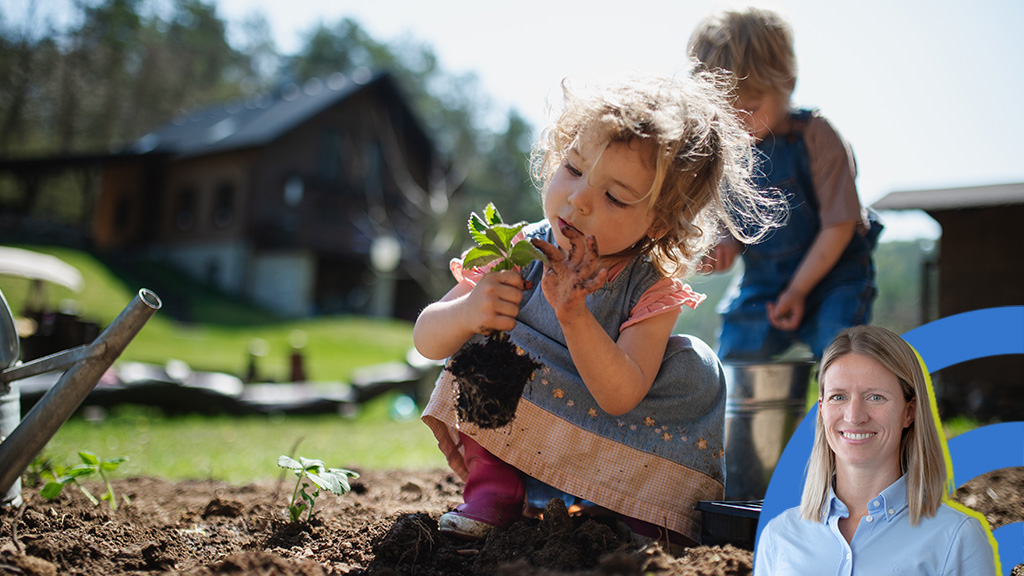In a nutshell:
At first glance, sustainability may seem expensive, but when you take a closer look, the benefits for you consist of much more: health for yourself, your family. Animal welfare. The well-being of the people who grew the food. Improving air quality, and much more.
Get informed - and implement step by step - even small things can make a big difference 🙂
Sustainability is good. For you. For me. For our children. Our children's children. Our earth. There is already a general consensus on this point - worldwide. I think that's great. So in 2015, the global community agreed on 17 Sustainable Development Goals (SDGs) with the UN Charter Agenda 2030. You can find these goals on the official site here (LINK https://unric.org/de/17ziele/).
But what does all this sustainability cost us?
This is a question that many people - and corporate decision-makers in particular - ask themselves: Doesn't sustainability cost us a good portion of our profits? Doesn't sustainability cost us dearly?
Sustainability is expensive?
Sustainability is quickly lumped together with expensive organic food, expensive e-mobility, expensive sustainably produced clothing. The motto is: "Well, only the rich can afford it." And at first glance, there's nothing wrong with that: organic meat is more expensive. Sustainable hotels are more expensive. Eco costs more at first ...
But cheap is only "cheap" because a large part of the costs is not added to the respective product, but is borne by the general public, for example future generations. The sprayed cheap vegetables and the cheap meat also make full. But it is not full alone. If you take a closer look at the expensive products, you will see that they offer a much higher customer benefit than the cheap products.
Because the customer benefit consists of much more: health for yourself, your family. Animal welfare. The well-being of the people who grew the food. You reduce traffic on the streets of your town or village. You improve the quality of the air you breathe. Growing food sustainably keeps your drinking water potable. "Cheap" therefore also falls back on you like a boomerang and then really costs you dearly, because you have to spend more and more on your health, for example.
Sustainability is a luxury issue?
But we often don't see this, because cheap thinking quickly obscures our view of the added value that sustainability can generate. We then simply don't recognize the greater benefits - which can also be quite selfish - that the more sustainable products offer us.
But why is this cheap thinking so strong? Why does the low price due at the counter have such power over people?
One important reason that drives decision-makers in our companies is surely that price is seen as the most important adjusting screw to promote growth.
If you want to generate more growth, then you have to produce cheaper, cut costs by reducing personnel costs, buy raw materials cheaper, produce more of the same in order to produce more efficiently. This is still the common way of thinking when it comes to successful business. It's clear that against this background, sustainability appears to be a luxury issue: only people and companies who can afford it ignore the price ...
Sustainability means more success
We at allsafe have set ourselves the goal of showing how companies can operate successfully without relying on "cheap". We want to show that economic success, ecology and also social responsibility, these three circles of values that I recognize at the core of the UN Charter, go together.
We want to show what a paradigm shift can look like that defines growth differently. A growth that is not based on the quantity of products sold and that generates profit through mass, but that sees growing customer value as success. If you understand customer value. If you can address it with your business model, if you respond to it more intelligently, more efficiently - for example, by using the possibilities of digitalization - your company will go into the future successfully. At allsafe, I want to produce and operate in such a way that I don't limit the opportunities of my children and my children's children - and that my work generates a company profit that is also reflected in measurable profit.
Sustainability doesn't have to cost you a lot, it's worth it.
Heike Hundertmark
